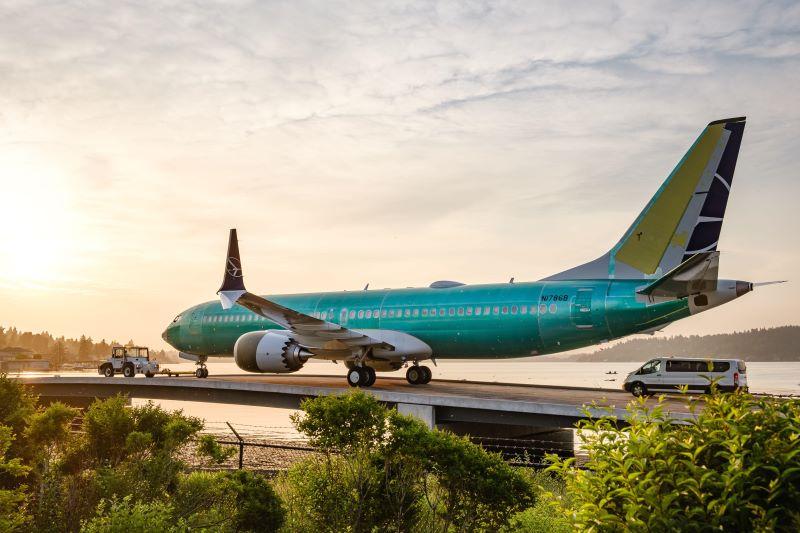Boeing 737 Ramp-Up Plan Adds Assembly Line In Everett, Capacity In Renton

Credit: David Hollenback / Alamy Stock Photo
Boeing’s plan to fulfill customer demand for its 737 MAXs by ramping up to a production rate of about 50 737s per month in two years includes both reactivating a dormant assembly line and adding a new one at a familiar location. The company plans to start a dedicated 737 MAX line in Everett...
Subscription Required
This content requires a subscription to one of the Aviation Week Intelligence Network (AWIN) bundles.
Schedule a demo today to find out how you can access this content and similar content related to your area of the global aviation industry.
Already an AWIN subscriber? Login
Did you know? Aviation Week has won top honors multiple times in the Jesse H. Neal National Business Journalism Awards, the business-to-business media equivalent of the Pulitzer Prizes.
